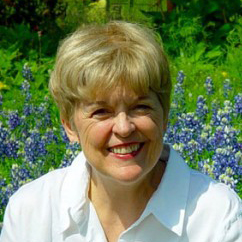The many different types of mental health professionals can present a confusing dilemma for most people. The fact is, there are seven different types of licensed mental health professionals, in Texas, and there are many other unlicensed folks who hang out a shingle and offer help without having had to meet any state requirements for training, experience and ethical practice. I recommend that you look for one of these professionals, who have had to prove their expertise before a regulatory body whose job is to protect the public:
Licensed Professional Counselor (LPC) or Licensed Mental Health Counselor (LMHC) – has a master’s degree in counseling, including principles of human development, and has completed 3000 hours of supervised experience.
Licensed Marriage and Family Therapist (LMFT) – usually has a master’s degree, including the study of family systems theories and techniques. The degree requirements include 3000 hours of supervised experience.
Licensed Clinical Social Worker (LCSW) – has completed a master’s degree in Social Work, including the enhancement of social and psychosocial functioning of individuals and groups, and has completed two years of supervised clinical experience.
Licensed Chemical Dependency Counselor (LCDC) – assists individuals or groups in treating chemical dependency problems. The LCDC has a two-year associate’s degree and is not authorized to treat mental health disorders or problems which do not include chemical dependency.
Licensed Sex Offender Treatment Providers (LSOTP)– must hold another mental health license and treats those who have been convicted or adjudicated of a sex crime or a sexually motivated offense.
Psychiatrist (MD) – is a medical doctor. This person has a four-year degree from an accredited medical school and the successful completion of a psychiatric residency program. This doctor will typically focus on medication in treating psychiatric problems. Some receive training in talk therapy as well.
Psychologist (PhD, PsyD, or EdD) – holds a doctoral degree from an accredited university graduate program in either clinical practice or research. All psychologists have been trained in psychological assessment, diagnosis and in different types of psychotherapeutic treatment (talking therapies) for various disorders. In Texas, a psychologist who engages in clinical practice must also be licensed, which involves a supervised internship, post-doctoral clinical supervision and written and oral examinations in practice and ethics.



